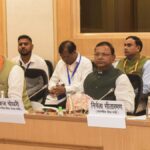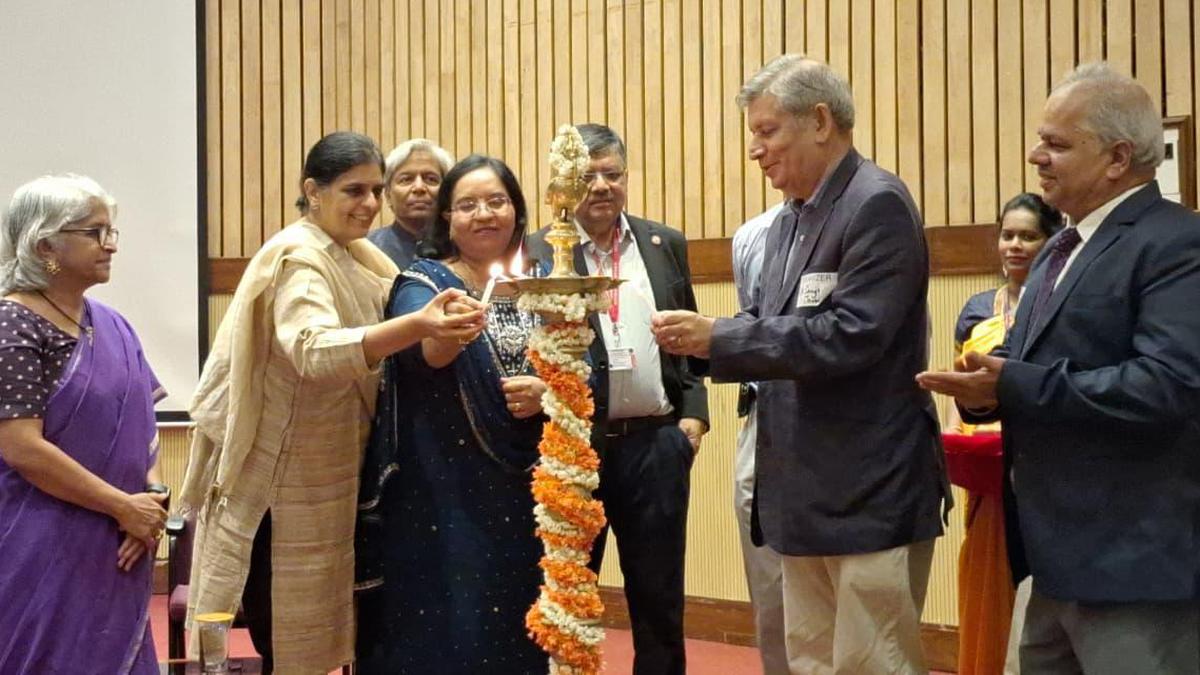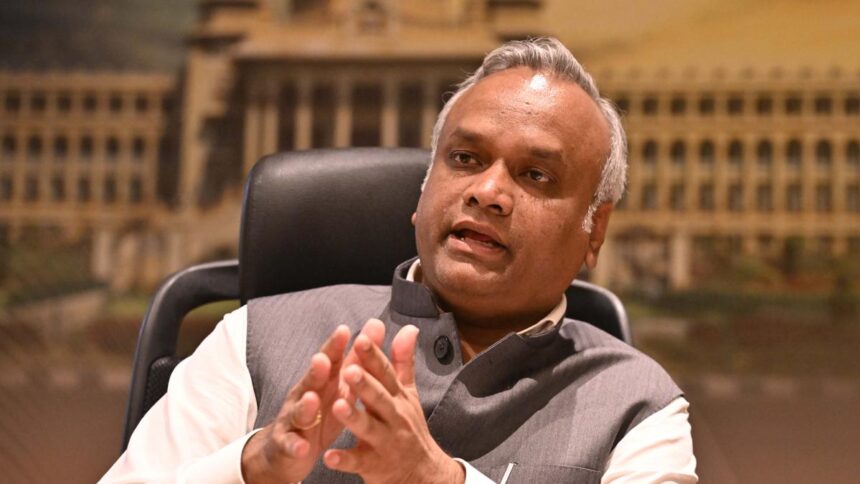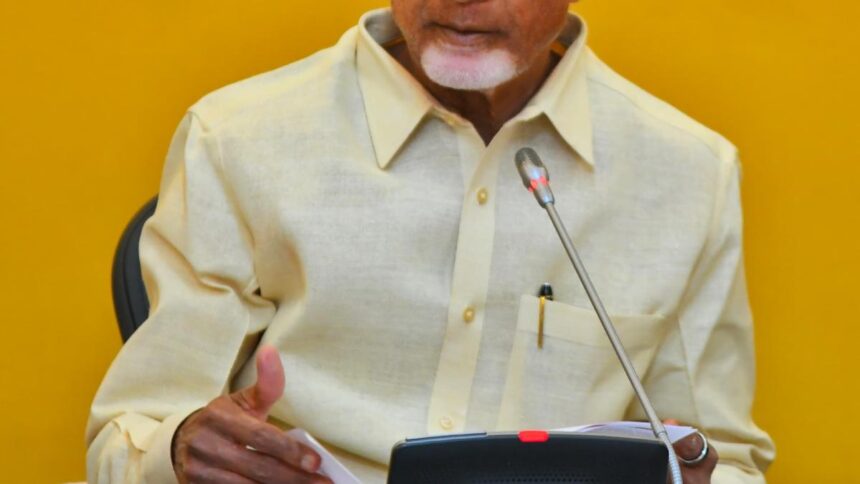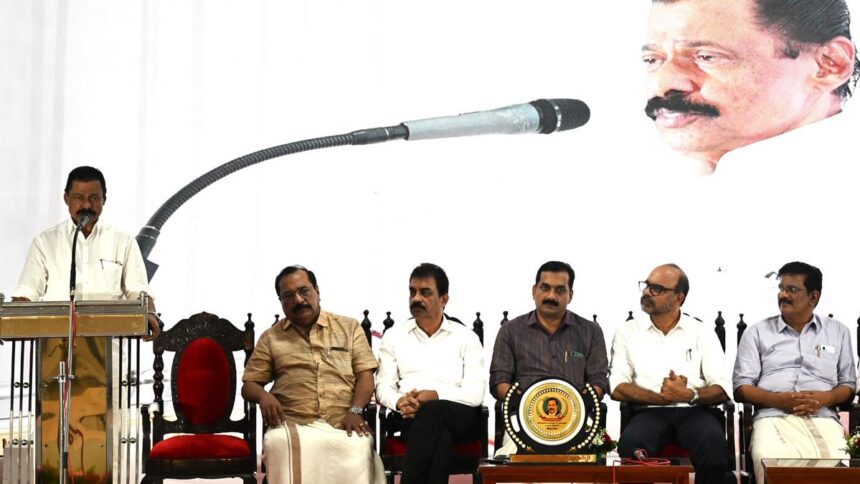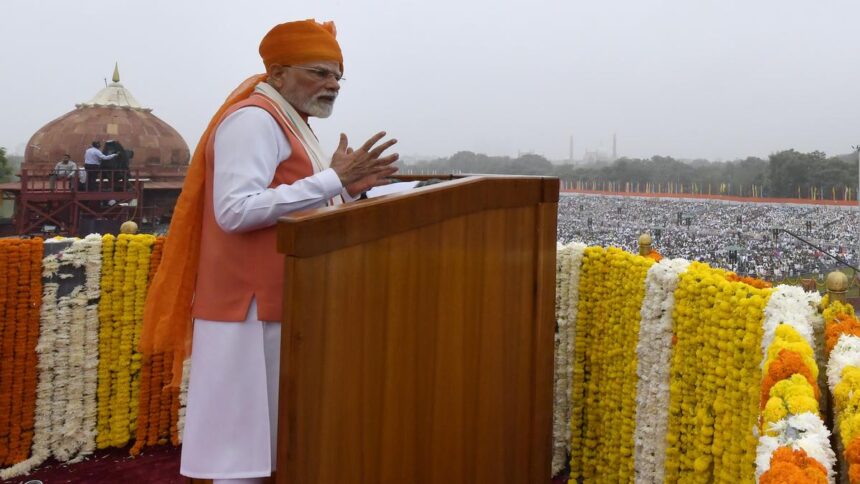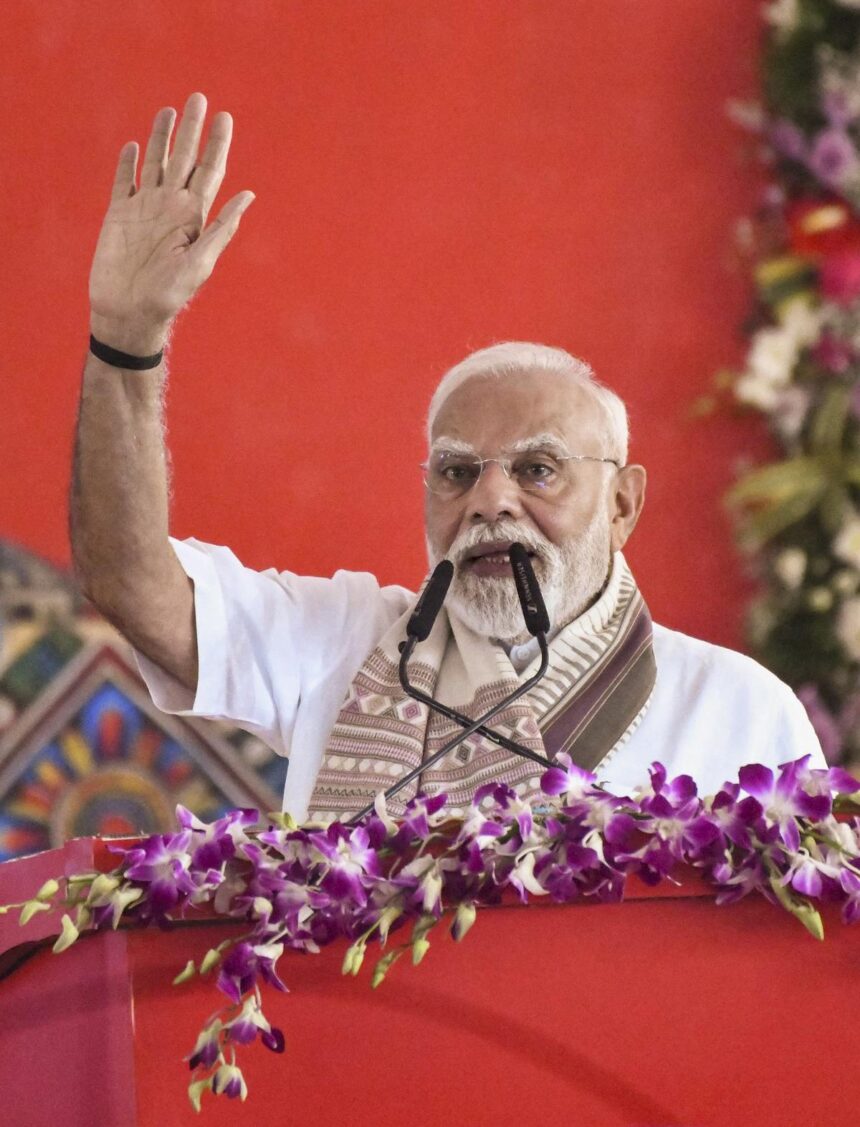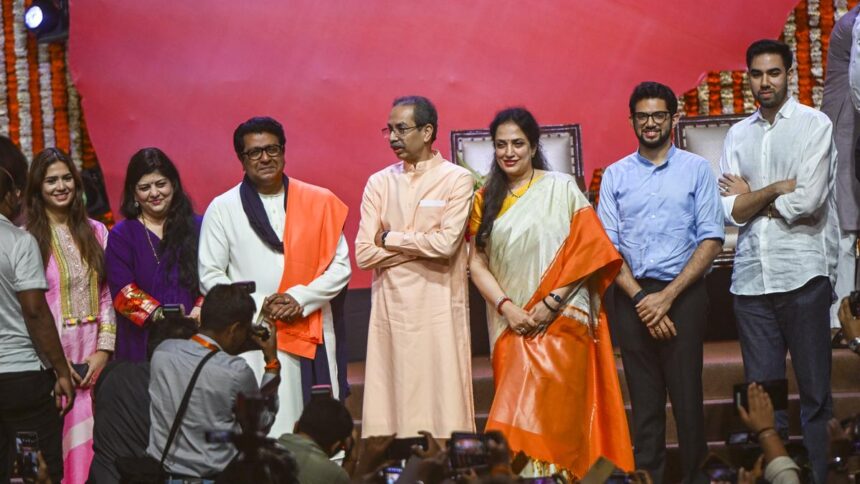
Dignitaries at the second edition of the HDSI international conference in Bengaluru on Saturday.
| Photo Credit: SUDHAKARA JAIN
Demanding that the Union Health Ministry and ICMR recognise Huntington’s disease (HD) as a rare disease in a policy amendment of the National Policy for Rare Diseases (NPRD), HD patients, their caregivers, and doctors on Saturday came together at the second HDSI international conference at NIMHANS in Bengaluru.
HD is a progressive neuropsychiatric genetic disorder that causes the malfunction or death of nerve cells in the brain. As a result, a gradual decline in physical and mental abilities over time generally occurs during one’s middle-aged years.
Prominent among the symptoms of HD are cognitive decline (like dementia), ‘chorea’ or involuntary muscle movements, psychological symptoms and motor symptoms (eventual inability to walk and swallow food). Despite its devastating impact, HD continues to remain invisible in India’s health policies owing to the lack of official data and structured support systems.
Members of the society, who emphasised the urgent need for policy attention, structured care systems, and research support to address the challenges faced by affected families across the country, demanded establishment of multidisciplinary HD clinics in major hospitals – bringing together neurologists, psychiatrists, physiotherapists, speech therapists, genetic counsellors, and social workers for comprehensive care.
Centre at Victoria Hospital
Speaking at the inauguration of the conference, Rajani Parthasarathy, State Deputy Director (Mental Health), said the Health Department has sent request letters to the Departments of Medical Education and Empowerment of Differently Abled and Senior Citizens to consider setting up such a centre at Victoria Hospital.
“The first meeting of the task force, which has been formed to discuss the action plan for dementia, HD, and other neurodegenerative disorders, will be held on August 25. We have to look at various types of neurodegenerative disorders and we have had many rounds of discussions,” she said.
Pointing out that the task force comprises NIMHANS director Pratima Murthy, representatives from various other departments, and experts from Dementia India Alliance and HDSI, Dr. Parthasarathy said after the meeting, chaired by Additional Chief Secretary and Development Commissioner, they would be able to come out with an action plan on how to cater to persons suffering from these disorders.
Dr. Murthy said NIMHANS has forwarded the proposal for inclusion of HD and other neurological diseases under the National Policy for Rare Diseases to the Union Health Ministry.
HD patient registry
Suvarna Alladi, professor of Neurology at NIMHANS, said a dedicated HD patient registry will be formed to capture real-world data on prevalence, disease progression, and care needs in India, guiding evidence-based policy and interventions. “We need estimations to have an understanding of how families are manifesting the disease. We need more people to participate in clinical trials,” she said.
HDSI chairman Venkateshwara Rao Koushik said families affected by HD face an enormous burden without adequate medical or social support. Recognition in the national rare disease framework, along with specialised clinics and a patient registry, will be a lifeline for thousands of families, he said.
The two-day event, inaugurated by K. Vijayraghavan, former Principal Scientific Adviser to the Prime Minister and former Secretary, Department of Biotechnology, and Dr. Murthy, brought together leading clinicians and researchers who presented their latest work on HD.
Published – August 24, 2025 12:22 am IST



